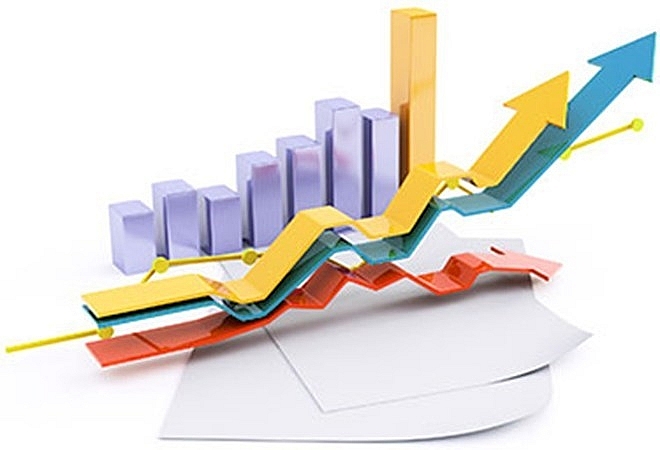ADB adjusts growth forecast of Vietnam up to 6.9 per cent
 |
| ADB adjusts growth forecasts a notch higher for Vietnam |
In Vietnam, GDP growth in the first three quarters of 2019 accelerated to 7.0 per cent, the highest rate over the same period in the past nine years. Private consumption rose by 7.3 per cent and investment expanded by 7.7 per cent, boosted by an improved business environment, continued investor confidence, and increased foreign direct investment.
With unexpectedly strong growth momentum in the third quarter likely to carry over into the fourth and next year, the Asian Development Bank (ADB) adjusted the growth forecast for Vietnam from 6.8 to 6.9 per cent for 2019, and from 6.7 to 6.8 per cent for 2020.
However, in Southeast Asia, many countries are seeing continued export declines and weaker investment, and growth forecasts have been downgraded for Singapore and Thailand. GDP growth is expected to slow in the Pacific with activity in Fiji, the subregion’s second-largest economy after Papua New Guinea, expected to be more subdued than previously anticipated.
In South Asia, India’s growth is now seen at a slower 5.1 per cent in the 2019 fiscal year as the foundering of a major nonbanking financial company in 2018 led to a rise in risk aversion in the financial sector and a credit crunch. Also, consumption was affected by slow job growth and rural distress aggravated by a poor harvest. Growth should pick up to 6.5 per cent in the 2020 fiscal year with supportive policies. In September, ADB forecast India’s GDP to grow 6.5 per cent in 2019 and 7.2 per cent in 2020.
The ADB has trimmed its forecasts for economic growth in developing Asia this year and the next as growth in the People’s Republic of China (PRC) and India is weighed down by both external and domestic factors.
In a supplement to its Asian Development Outlook 2019 Update released in September, ADB now expects GDP in the region to expand by 5.2 per cent in both 2019 and 2020, down from the September forecast of 5.4 per cent growth this year and 5.5 per cent next year.
“While growth rates are still solid in developing Asia, persistent trade tensions have taken a toll on the region and are still the biggest risk to the longer-term economic outlook. Domestic investment is also weakening in many countries, as business sentiment has declined,” said ADB chief economist Yasuyuki Sawada. “Inflation, on the other hand, is ticking up on the back of higher food prices, as African swine fever has raised pork prices significantly.”
The supplement forecasts inflation of 2.8 per cent in 2019 and 3.1 per cent in 2020, up from the September prediction that prices would rise by 2.7 per cent this year and next.
What the stars mean:
★ Poor ★ ★ Promising ★★★ Good ★★★★ Very good ★★★★★ Exceptional
 Tag:
Tag:
Related Contents
Latest News
More News
- Pegasus Tech Ventures steps up Vietnam focus (February 05, 2026 | 17:25)
- The generics industry: unlocking new growth drivers (February 04, 2026 | 17:39)
- Vietnam ready to increase purchases of US goods (February 04, 2026 | 15:55)
- Steel industry faces challenges in 2026 (February 03, 2026 | 17:20)
- State corporations poised to drive 2026 growth (February 03, 2026 | 13:58)
- Why high-tech talent will define Vietnam’s growth (February 02, 2026 | 10:47)
- FMCG resilience amid varying storms (February 02, 2026 | 10:00)
- Customs reforms strengthen business confidence, support trade growth (February 01, 2026 | 08:20)
- Vietnam and US to launch sixth trade negotiation round (January 30, 2026 | 15:19)
- Digital publishing emerges as key growth driver in Vietnam (January 30, 2026 | 10:59)


























 Mobile Version
Mobile Version